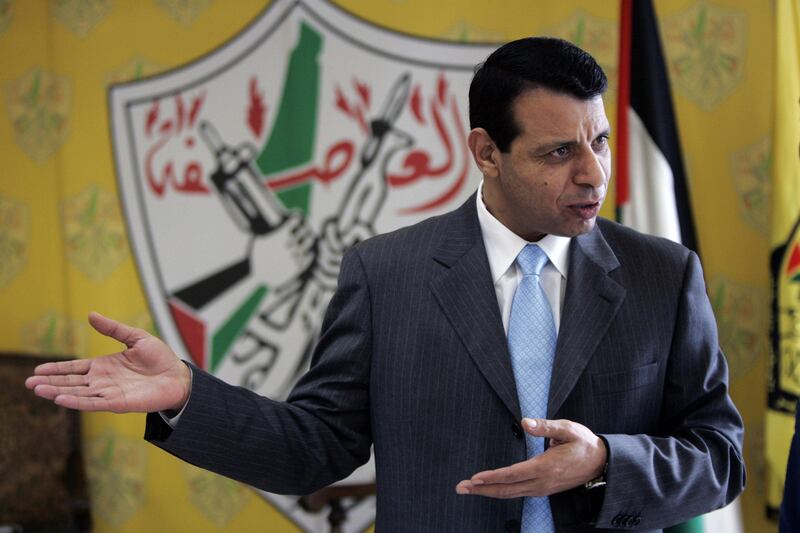Gaza has become unliveable for its two million people. This is according to a report published earlier this month by the United Nations. The UN had projected in 2012 that Gaza would breach the “unliveability threshold” in 2020. But under the rule of Hamas, which seized power in the Palestinian enclave a decade ago, conditions have deteriorated at a depressingly rapid pace.
More than 5,000 people are packed into every square kilometre of this territory. They are blockaded by Israel, which has curtailed the flow of essential supplies into Gaza, and the border with Egypt is effectively sealed off. Clean water is scarce. Healthcare professionals are few. Electricity is in such short supply that, according to the UN, an 11-year-old child in Gaza will never have experienced more than 12 hours of electricity in a single day in his or her lifetime. The surfeit of statements by world leaders deploring the callous squeeze on Gaza is matched only by the deficit of action to ameliorate the lives of the Gazans.
But there is now some cause for hope. Mohammed Dahlan, the exiled former leader of the moderate Fatah Party in Gaza, has revealed the broad details of an ambitious deal he claims to have negotiated with Hamas. Mr Dahlan claims that the deal will result in the opening of the Rafah Border Crossing between Gaza and Egypt as early as next month, and that it will fix the enclave’s paralysing power shortages within 18 months of implementation. Mr Dahlan has secured $100 million (Dh367m) funding from the UAE for a power plant to be built on the Egyptian side of the border.
There is no doubt that this plan, if executed, will substantially relieve the agony of Gaza. But there is also a danger that it could become a casualty of Palestinian politics even before it is put into practice. Mr Dahlan’s deal has the potential to upend the existing configuration of power in Palestine by making Gaza autonomous of the West Bank’s authority. This is why the office of Mahmoud Abbas, the ageing Palestinian president, rushed to dismiss Mr Dahlan’s project as a nonstarter. The sustained cooperation of Hamas is another requirement for the success of Mr Dahlan’s vision. Hamas’s history in Gaza does not inspire confidence. Whatever guarantees Mr Dahlan may have received from Yahya Sinwar, the leader of the militant movement, it is clear that Gaza’s ruinous state is partly a product of Hamas’s misrule. Can Hamas be trusted to be a functional partner in the future? The portents are not good.
The blueprint for Gaza’s way out of its misery developed by Mr Dahlan and his backers is intriguing. It will face many hurdles. But if it succeeds it will change many lives.





